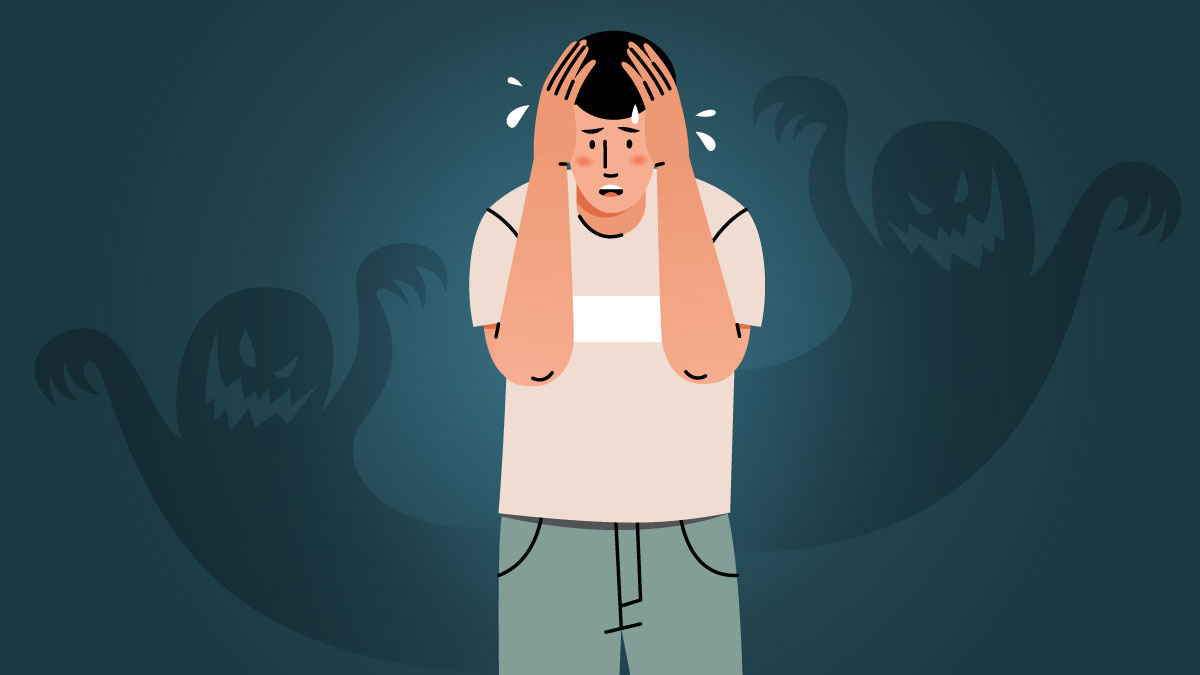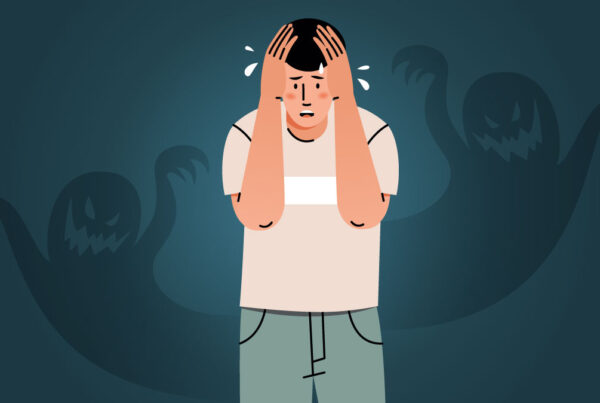Men’s mental health is a critical yet often overlooked aspect of overall well-being. For decades, societal expectations have shaped a narrative that men must be stoic, resilient, and impervious to emotional challenges. These stereotypes, while deeply ingrained, have left many men struggling in silence, unsure how to navigate their emotions or seek help without fear of judgment.
Mental health issues do not discriminate based on gender. Depression, anxiety, post-traumatic stress disorder, and other conditions affect millions of men worldwide, but the way these struggles are expressed often differs from what is traditionally recognized. Men may channel their distress into anger, irritability, or even risk-taking behaviors, masking the underlying pain that remains unaddressed. Despite the prevalence of these challenges, many men hesitate to reach out for support, believing it to be a sign of weakness or a failure to live up to societal ideals of masculinity.
This reluctance to seek help can have devastating consequences. Suicide rates among men remain alarmingly high, often fueled by untreated mental health conditions and a lack of emotional outlets. The silence surrounding men’s mental health has created an invisible epidemic—one that requires urgent attention and cultural change. Addressing these issues begins with dismantling the stigma that prevents men from opening up. It means redefining strength not as the suppression of vulnerability, but as the courage to confront it.
Open conversations, representation in media, and accessible resources play a vital role in changing the narrative. Campaigns that focus on men’s mental health, such as Movember, have begun to chip away at the barriers by encouraging men to share their stories and seek help. But the work cannot stop there. Friends, families, and communities must also foster environments where men feel safe to express their emotions without fear of ridicule or rejection.
Ultimately, men’s mental health is not a myth or an isolated issue—it is a reality that affects individuals, relationships, and society as a whole. By challenging outdated norms and prioritizing mental well-being, we can create a future where men feel empowered to take control of their mental health and live fuller, more authentic lives.



